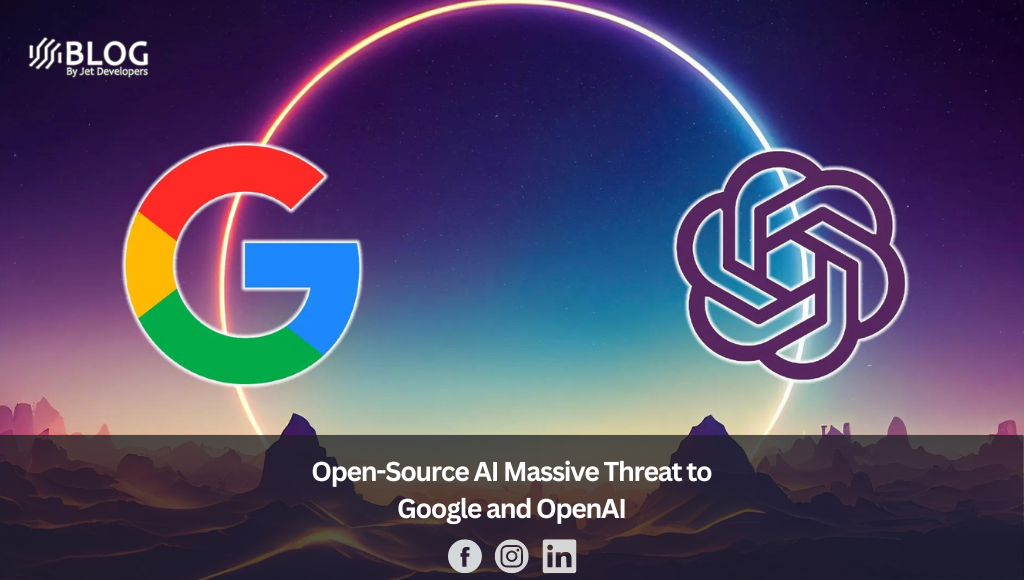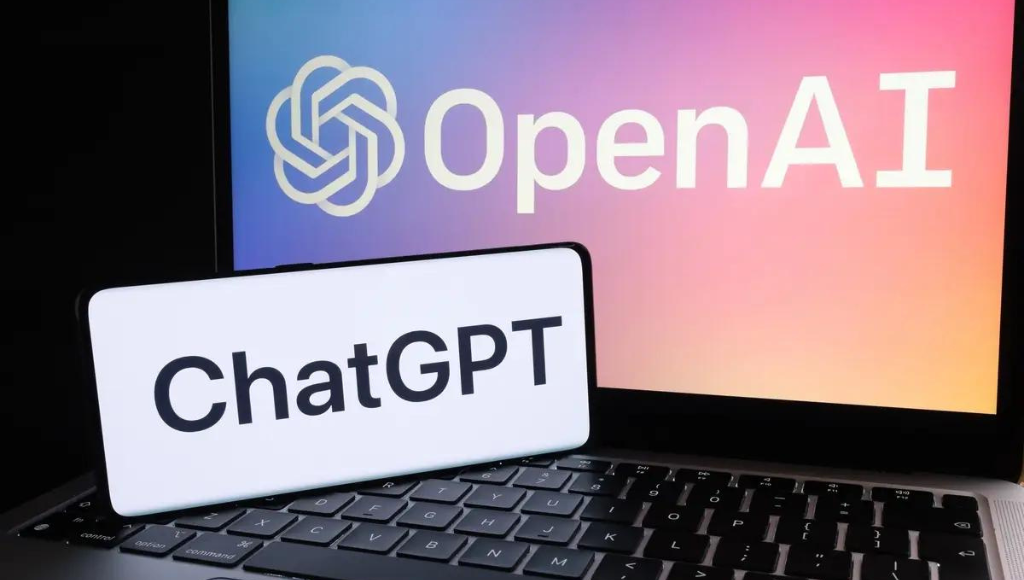According to a leaked internal document written by a senior Google engineer, neither OpenAI nor Google is likely to come out on top in the race for AI dominance. The document has been circulating in Silicon Valley for several months and was recently made public by consulting firm Semi-Analysis. While OpenAI gained fame last year with its ChatGPT conversational AI chatbot, Google has been working in the AI domain for over a decade and was previously thought to be the leader. However, an AI arms race has since ensued between the two companies, with both vying for supremacy.
In April, Google engineer Luke Sernau published a document internally that has since been widely circulated privately. Sernau does not believe that either company will ultimately emerge as the AI leader if they continue down this path. He notes that while these firms have been squabbling, open-source AI has surged ahead, citing examples such as large language models that can run on a smartphone and personal AI that can be fine-tuned on a laptop in one evening.
Sernau wrote that AI models developed by private organizations still held the edge, but not for long. Open-source models were closing in on achieving the same results as corporations that were spending billions of dollars at a fraction of the cost. Open-source tech was also iterating much faster, with new iterations coming up in weeks, as opposed to months for corporations.
Sernau highlighted that the giant models used by Google and OpenAI were the main reason why their progress was being slowed down, while the open-source community had discovered LLaMa from Meta, which was much smaller and easier to work with. The engineer emphasized the need for Google to shift to smaller models and learn from the open-source community, which is more nimble and can be quickly iterated upon.
Ultimately, if better AI models become available for free, clients will not pay to use inferior models from companies such as Google or OpenAI. Thus, it is essential for these companies to shift their focus and learn from the open-source community to stay competitive.






